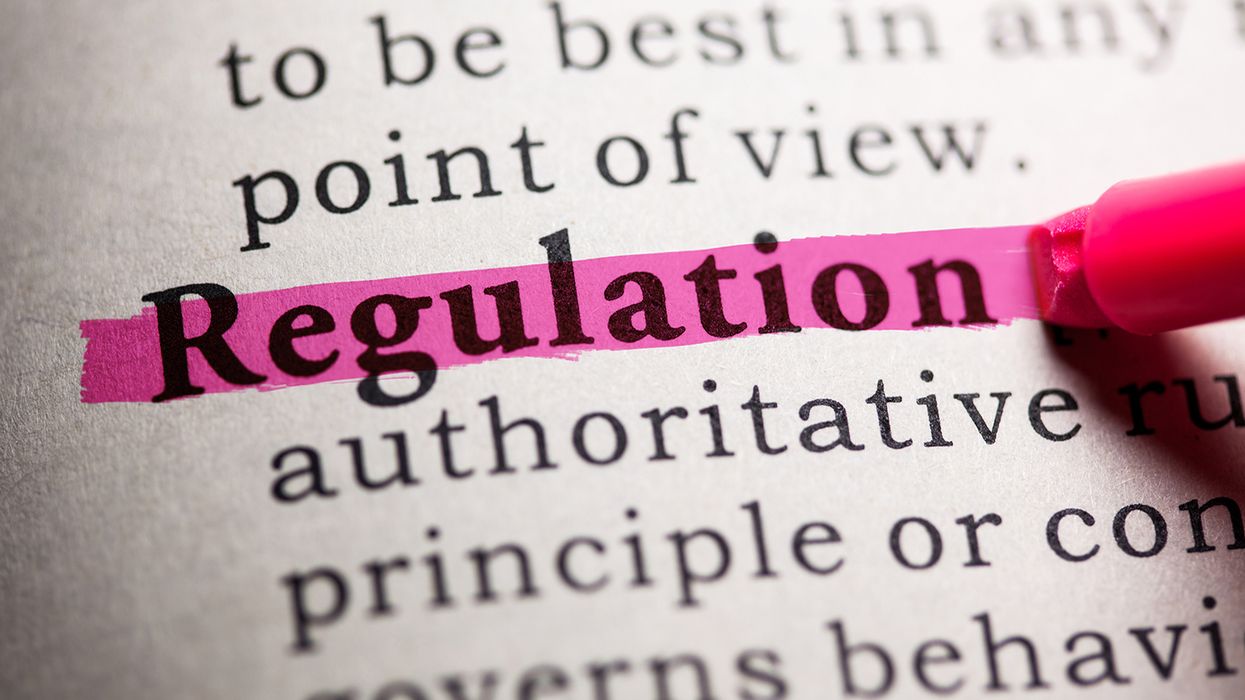Why you need a sexual harassment policy and where to start
When looking into a charge of sexual harassment one of the first questions an investigator will ask an employer is, “What is your policy, and did you follow it?”
Why you need a sexual harassment policy
There are 10 states that require at least some private employers to have a sexual harassment policy. Even when not legally required, however, having a sexual harassment policy is a critical step in fostering a positive workplace environment.
Such a policy not only serves as a deterrent but provides a clear framework for addressing incidents should they occur.
A well-structured policy helps:
- Build a culture of respect and dignity,
- Boost employee morale, and
- Enhance productivity.
Having a sexual harassment policy shows employees that their well-being is a top priority, which can increase loyalty and reduce turnover.
On the other hand, the absence of a sexual harassment policy can have serious implications.
Employers may face costly lawsuits and damage to their reputation, which can have a long-lasting impact on the business. Therefore, it is crucial for private employers to invest time and resources in developing and implementing a robust sexual harassment policy. A harassment-free workplace is not just an ideal to strive for, but a right every employee deserves.
What to include in a sexual harassment policy
A sexual harassment policy must define sexual harassment, using examples of verbal, non-verbal, and physical harassment. It should also discuss the impact sexual harassment can have on a workplace, both on the employees and the overall work environment.
Here are the basic elements to include in your policy:
- A statement that sexual harassment is not allowed.
- A clear definition of sexual harassment.
- A statement asking employees to report sexual harassment that has been experienced or witnessed.
- Guidelines for bystanders who witness harassment.
- A procedure for filing a sexual harassment claim. You could provide a hot-line number, email address, and the names of several people to whom complaints may be addressed.
- A non-retaliation policy that protects victims and witnesses from any retaliation after initiating a harassment claim.
- Repercussions for sexual harassing conduct, including affirming the possibility of terminating an employee who takes part in offensive conduct.
After creating a written sexual harassment policy, have it reviewed by legal counsel to make sure it complies with all applicable laws and regulations. Then, distribute it to all employees. Requesting that employees sign a copy of the sexual harassment policy, stating that all have read and understood it, is optional.
Key to remember: Having a sexual harassment policy is important for maintaining a safe and respectful workplace. On the federal level, the U.S. Equal Employment Opportunity Commission strongly recommends that employers have policies, and in 10 states it is a legal requirement for all or some employers.




































































